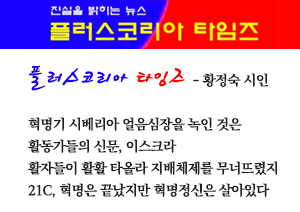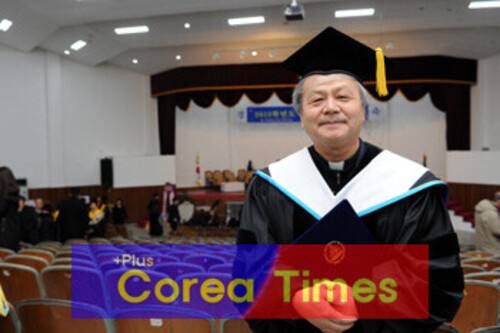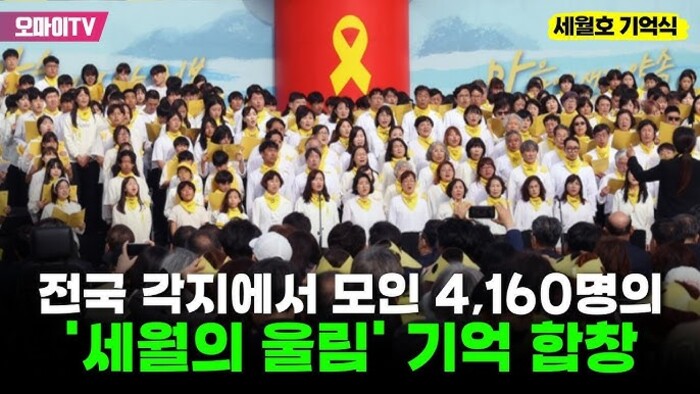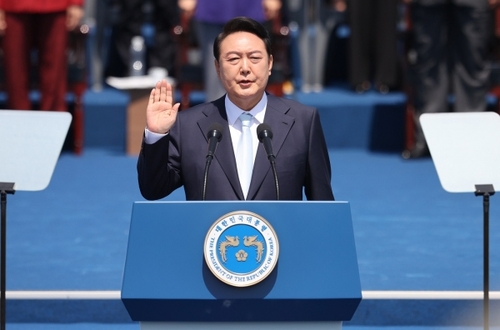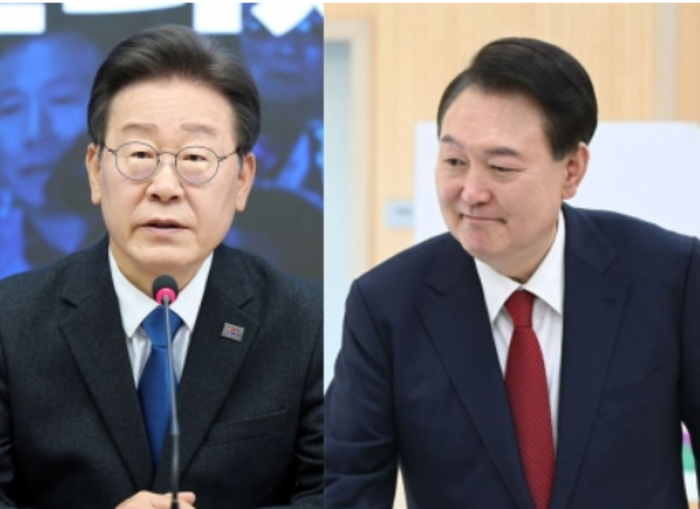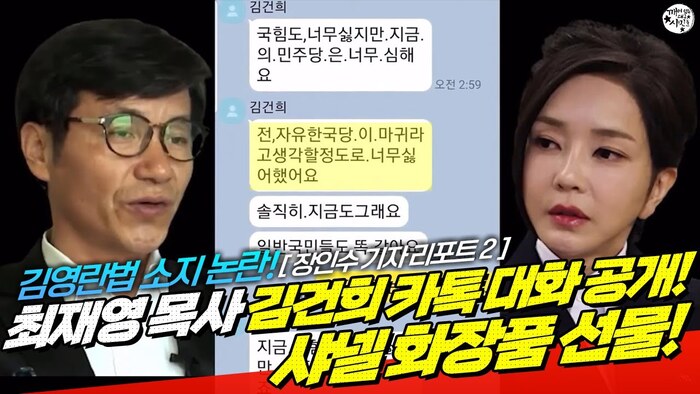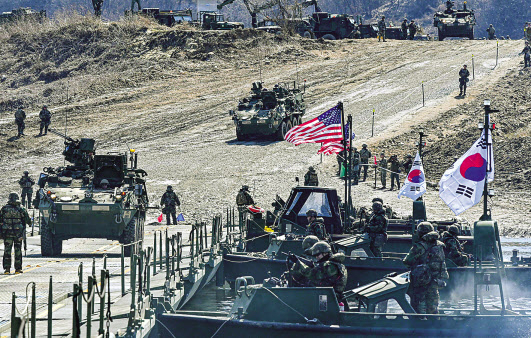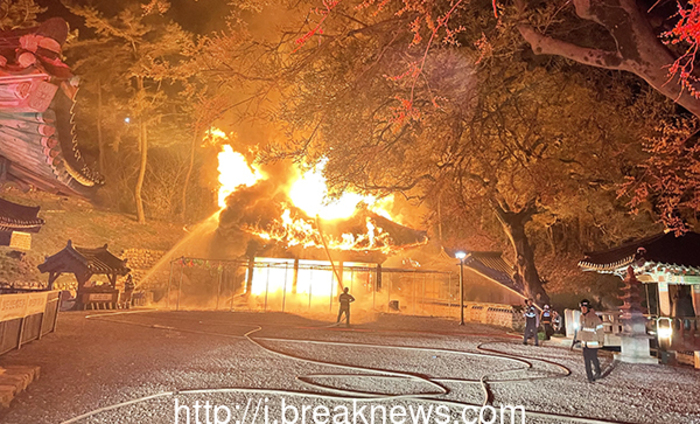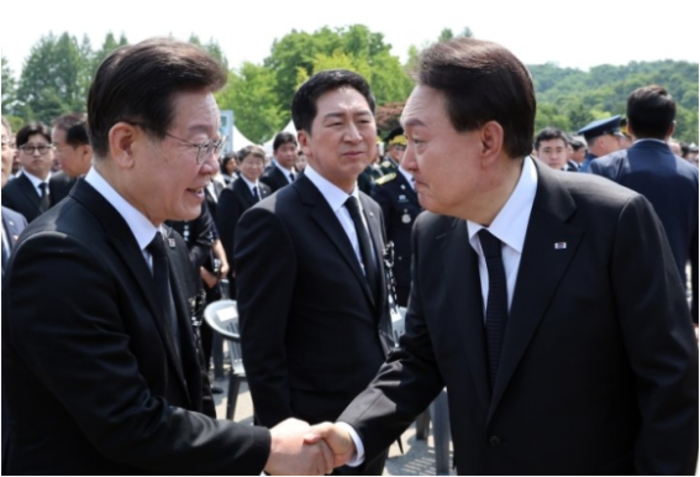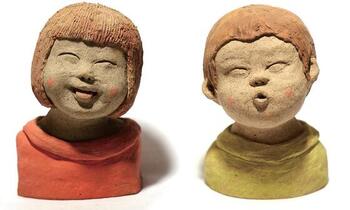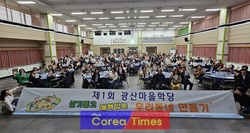|
[21세기 세계 주도의 핵심사상으로 일컬어지고 있는 홍익인간 사상에 관하여, 우리나라가 이제 지향해야 할 새로운 홍익인간 사상의 현대화 적용이론을 개발하여 제시하고자 한다. 본 내용은 임기추박사의 저서 “홍익인간 사상의 현대화 적용이론”(2022)을 60여회로 나누어 연재한다. 편집자 주]
2) 홍익인간 사상의 현대적 실천방법 고찰
홍익인간・홍익정치의 개념과 홍익인간 사상의 실천방법 개요
홍익인간의 개념은 보통 통치자가 “널리(크게) 인간을 이롭게 하라”(정영훈, 2013)와 같이 해석하는 것으로 알려져 있다. 그런데 박정학(2004, 2017)의 연구를 보면, “홍익을 우리의 이익, 또는 모두 이익(all-win)”으로, 신용하(2019) 연구논문에서는 홍익의 “‘홍’을 넓게 혹은 모두, ‘익’을 현대의 이익으로 분석”하고 홍익을 “널리 크게 돕고 이롭게 한다”라고 주장하였다. 이에 ‘널리’ 대신 좀 더 구체성이 있는 ‘모두’를 취하여, 홍익인간의 개념은 통치자가 “널리 인간을 이롭게 한다”는 해석에 대하여, ‘인간을 모두 이롭게 한다’라로 하거나, ‘인간을 모두 이익이 되도록 한다’로 해석해 볼 수 있다. 기존의 “널리 인간을 이롭게 하라”라는 해석에 비해서, “인간을 모두 이롭게 한다.”라는 새 해석이 조금 더 구체화된 의미가 있다고 말할 수 있다.
홍익정치 실현을 위한 홍익인간 사상의 실천방법의 하나인 성통・공완수행은 국학연구결과대로 “지감, 조식, 금촉(止感), 調息, 禁觸)” 등 3법수행의 정진에 의해서 성통・공완이라는 경지에 도달하게 되는 것이다(박진규, 2012; 이근철, 2010). 여기서, 정치란 배분, 국가 혹은 정부의 활동, 권력관계라는 측면에서 정의되고 있다. 그런데 정치는‘자신을 닦은 이후에 남을 돕는 것’이라고 하였다. 따라서 홍익정치란 정치와 홍익인간의 이념을 조합시킨 개념으로 말할 수 있다(임기추, 2019).
다음으로 홍익인간 개념과 관련해 재세이화의 개념을 이해할 필요가 있다. 재세이화라는 개념은 학계 논문에 의거해 통치자가 일상생활은 물론 개인수행과 심성연마의 지침 등과 같이 다스리는 이치로, 현대 국가의 법률・정책 시행을 비롯해 사회규범・관습의 준수, 개인수신 등으로 설명할 수 있겠다(임재해, 2013; 민영현, 2009; 조명래, 2011; 조석봉, 2013).
먼저 임재해의 선행논문에서 “홍익인간의 이념 아래 (중략) 주곡(主穀), 주명(主命), 주병(主病) 등 관리들이 360여 인간사를 재세이화의 방법으로, (중략) 통치한 것으로 분석”하였다. 민영현은 “일상생활과 개인 수행 및 심성연마의 지침을 중심으로 구성되어 있는 것으로 설명”하고 있다. 조석봉은 홍익인간을 수기(修己), 재세이화를 치인(治人)에 해당하는 것으로 해석하고 전자가 강령이나 규범, 후자는 정책 시행으로 분석하였다. 조명래는 참전계경의 “366사(事)를 현대국가의 법령과 같은 의미를 내포하고 있는 것”으로 해석한 바와 같이, 여러 논문을 참고해 재세이화의 개념을 집약한 것이다.
홍익인간 사상의 실천방법은 ‘염표문’에 관한 선행연구결과(조한석, 2019)대로 찾을 수 있다. 고대 조선의 11세 도해단군조 염표문의 마지막 구절에, “일신강충(一神降衷)하야 성통광명(性通光明)하니 재세이화(在世理化)라야 홍익인간(弘益人間)이라 하다”라고 명기되어 있다. 이것은 통치자가 “하느님(一神)이 참마음을 내려 주어서 사람의 본성을 광명으로 통하여 하느님의 가르침으로 세상을 다스리어 인간을 모두 이롭게 하라”는 뜻이다.
선행연구를 살펴보면, 그런데 조한석(2019)은 “성통은 ‘재세이화・홍익인간’의 구현이라는 공완을 이루기 위한 전제조건이고, 동시에 인간의 자기실현을 위한 필수조건”이라고 분석하였다. 김철수(2015)는 홍익인간의 이념에 대한 재세이화를 “홍익인간의 구체적 방법이며 실천수단의 의미를 갖는다”고 주장하였다. 조옥구(2012)는 “성통・공완 수행과 재세이화가 ‘홍익인간’을 하는 두가지 방법론에 해당하고 두가지 방법을 통하면 ‘홍익인간’에 이르게 됨을 가리키는 것이‘성통・공완 수행’과 ‘재세이화’와 ‘홍익인간’의 상호관계라고 설명”하였다.
따라서 재세이화란 홍익인간의 필수조건이고, 성통・공완도 홍익인간의 전제조건의 하나라 해석할 수 있다. 이와 같은 홍익인간 사상의 실천방법에 의거한 홍익정치 실현이란 홍익인간 사상 현대적 적용의 중요 전제조건인 성통・공완수행과 재세이화 실천이라는 조건이 충족될 때 적용이 가능한 것이라 할 수 있다.
성통・공완 수행방법
홍익정치 실현의 한 전제조건인 성통・공완 수행방법은 이근철(2010)과 박진규(2012) 등의 연구에 의거해서 마음(감정) 기억, 기(숨결) 기억, 몸(감각) 기억을 돌이켜 허공우주에 모두 다 버리고 본성(본명・본정 포함)을 회복하는 것이다. 이러한 선행연구에 의해서 본고에서는 과거 통치자와 같은 법령・제도 결정권자를 비롯한 일반시민 대상으로 명상 수행기법을 활용한 지감・조식・금촉수행에 대한 3법수행의 방법 개요를 약술한다. 좀 더 말하자면, “1) ‘지감’ 수행의 기쁨, 두려움, 슬픔, 성냄, 탐욕 및 싫어함 기억, 2) ‘조식’ 수행의 향기, 썩은내, 차가움, 더위, 메마름 및 습기 기억, 3) ‘금촉’ 수행의 소리, 색깔, 냄새, 맛, 성욕 및 부딪침 기억 등”에 대한 명상수련으로 요약할 수 있다. 여기서, 법령・제도 결정권자는 입법・사법・행정부의 기관 등에서 제정・시행되는 관련 법령이나 제도에 대한 계획・시행・결정과정 상의 입법・판결 및 결정 등과 같은 모든 직무 수행자라고 정리할 수 있다. 이는 정영훈(2013) 논문에서 “통치자와 관리계급 또는 백성 등 관계”라는 연구에 기초해서 작성한 것이다.
이러한 수련을 “성통한 자라야 도덕적 책임감을 실천하는 존재임을 자각할 수 있고, 정치공동체의 이념을 실현할 수 있으며, 곧 홍익인간을 양성하는 수련법이라고 강조”한 연구결과에 주목한다(김광린, 2015). 이것은 성통・공완수행 이후에 선한 본성, 맑은 본명과 두터운 본정을 다시 찾아 회복하여 변화됨(이근철, 2010; 박진규, 2012)을 의미하고, 도덕적 책임감의 자각과 실천을 통해서 실천이 가능할 것으로 보기 때문이다.
이와 따라 성통・공완수행은 재세이화의 실천과 함께 앞의 설명대로 홍익인간 사상의 현대적 적용에 의한 홍익정치 실현을 위한 전제조건이라 할 수 있다. 그러므로 통치자가 성통・공완 수행의 확인이 전제되는 경우에야 도덕적 책임감으로 현대적인 법령・제도의 공정한 결정과 집행에 대한 홍익정치 실현 및 적용이 가능하리라고 판단한다.
여기서, 성통・공완이란 마음(감정), 기(숨결), 몸(감각) 등에 관해 떠오르는 대로 모든 기억을 버려서 원형을 다시 찾아가는 명상수행 경지라 할 수 있다. 수행이후 도덕적 책임감을 실천하는 존재임을 자각할 수 있으며, 이에 따라 바른 논의와 공정한 결정으로 정치공동체의 이념을 실현할 수 있는 것(김광린, 2015)으로 기대된다. 이를 통해 과거 통치자와 같은 법령・제도 결정권자 및 일반시민들의 법률・규범 준수 등과 같은 재세이화 실천으로 이어지고, 당사자・이해관계자를 포함해 누구나 모두의 이익 추구를 기대할 수 있을 것으로 판단한다.
재세이화의 실천범위
홍익정치 실현을 위한 다른 전제조건인 재세이화의 실천은 재세이화 개념과 선행연구사례(임재해, 2013; 민영현, 2009; 조명래, 2011; 조석봉, 2013)를 참조해 재세이화의 실천과 관련한 국내 주요 실천범위를 요약하면, 시민사회 입장에서는 개인수신은 물론 국민의 의무를 비롯한 법제와 사회규범 및 사회관습 등을 준수하는 것이며, 지도자의 경우에는 여기에 추가로 시도지사나 국회의원과 관련 의무・법제 등을 준수해야 하고, 나아가서 대통령과 관련 의무・법제 등에 대해 준수(개정・보완사항의 준수 포함)되어야 하는 것이다.
국민의 의무를 예시하면, 교육・근로・납세・병역・공공복리적합의무를 비롯해 환경보전의 의무, 조국의 충성・헌법의 옹호 및 법률준수 의무 등이 열거되어 있다(한국민족문화대백과사전a, 국민의 기본의무). 국회의원의 의무로는 헌법 준수와 청렴을 비롯한 국익의 우선, 지위남용, 영리행위의 금지, 겸직금지, 기타 국회내 의무 등을 들 수 있다(한국민족문화대백과사전b, 국회의원). 대통령의 의무에는 헌법준수 의무를 비롯해 국가보위・조국의 평화통일・국민의 자유, 복리증진 및 민족문화창달 의무 등이 있다(두산백과, 한국의 대통령). 또한 대통령 선서를 비롯해 국회의원이나 시도지사 등의 선서와 윤리강령의 준수가 포함된다.
그리고 재세이화의 지구촌적 실천사명에 대해 간단히 말하자면, 지구촌시대에 “세계의 인간존중 의식, 세계 민주화, 세계 평화 및 경제문제, 인류사회적 복지, 지구촌의 문화, 지구 환경보전 등의 주요 사명”을 들 수 있다(서보근, 2012).
이와 같이 성통・공완수행과 재세이화의 실천여부 확인이 전제될 때에, 홍익인간 사상의 현대적 적용에 의한 홍익정치관련 도덕적 자각과 책임감으로, 모든 사람에게 이롭게 올바른 논의와 공정한 결정 및 모두 이익이 되는 시행들이 가능할 것으로 판단한다. 과거 통치자인 법령·제도적 결정권자가 지감・조식・금촉의 3법수행 결과 성통・공완의 충족이 확인된 이후 도덕적 책임감의 자각과 실천으로, 실제 법령·제도의 결정시 정치 신뢰도의 향상과 공정성의 제고 등 긍정적인 작용 등을 기대하게 될 것이다. 오늘날 법령・제도 결정권자가 지감・조식・금촉의 3법수행을 통해서 도덕적 책임감의 자각과 실천을 향상시킬 수 있다면, 실제적 법령・제도의 결정・실행결과에서 국가적 신뢰도의 향상과 공정성의 제고 등 효과에 긍정적 기여를 기대해 볼 수 있을 것이다.
*필자/임기추 박사
홍익경영전략원 원장/유튜브 홍익나라(https://www.youtube.com/channel/UCp77kpD3e2PDSg6OHI8LJTw) 운영자(tranlim@hanmail.net).
*아래 영문은 위 기사를 '구글 번역'으로 번역한 [기사전문]입니다. 영문 번역에 오류가 포함되어 있을 수 있음을 전제로 합니다. *The English below is the [full text] of the article translated by 'Google Translate'. It is assumed that the English translation may contain errors.
[Regarding Hongik Ingan Ideology, which is said to be the core ideology leading the world in the 21st century, I would like to develop and present a theory of modernization application of the new Hongik Ingan ideology that Korea should now pursue. This article is a series of 60 episodes of Dr. Lim Ki-chu’s book “Modernization Theory of Hongik Ingan Ideology” (2022, Kyobo Purple). Editor's Note]
[Modernization Theory of Hongik Ingan Ideology -40] Practice of Hongik Ingan Ideology
Overview of the concept of Hongik Ingan and Hongik politics and the practice of Hongik Ingan ideology
It is known that the concept of Hongik Ingan is usually interpreted as “broadly (largely) benefit human beings” (Jeong Young-hun, 2013). By the way, if you look at Park Jeong-hak’s (2004, 2017) researches, “Hongik is our profit, or all-win”, Shin Yong-ha (2019)’s research thesis, “‘Hong’ broadly or all, ‘Ik’ ' was analyzed as a modern benefit,” and insisted that Hongik “helps and benefits widely and greatly.” Therefore, instead of 'widely', 'everyone', which is more concrete, is taken, and Hongik Ingan's concept of 'benefiting humans widely' is interpreted as 'benefiting all humans' or 'humans It can be interpreted as 'to make everyone benefit'. It can be said that the new interpretation of “benefiting all humans” has a slightly more concrete meaning compared to the existing interpretation of “beneficially to all humans.”
The practice of Seongtong Gongwan, which is one of the methods of practice of Hongik Ingan ideology for the realization of Hongik politics, is based on the results of Korean studies, such as “Jigam, Josik, and Geumchok”. Through diligence in Dharma practice, one reaches the stage of SeongtongㆍGongwan (Park Jin-gyu, 2012; Lee Geun-cheol, 2010). Here, politics is defined in terms of distribution, state or government activities, and power relations. By the way, politics is 'helping others after polishing oneself'. Therefore, Hongik politics can be said as a concept that combines politics and the ideology of Hongik Ingan (Lim Ki-chu, 2019).
Next, it is necessary to understand the concept of Jaeseihwa in relation to the concept of Hongik Ingan. The concept of Jaeseihwa is a principle that governs daily life as well as individual practice and mental training guidelines based on academic thesis. It can be explained by the implementation of modern national laws and policies, the observance of social norms and customs, and personal education (Lim Jae-hae, 2013; Min Young-hyun, 2009; Jo Myung-rae, 2011; Cho Seok-bong, 2013).
The practice of Hongik Ingan's thought can be found according to the results of previous research on 'yeompyomun' (Cho Han-seok, 2019). In the last phrase of the 11th-year-old Dohae Dangunjo Yeompyomun of ancient Joseon, Ilsin Gangchung (一神降衷) Haya Seongtong Gwangmyeong (性通光明) Hani Jaeseihwa (在世理化) Hongik Ingan (弘益) human) was specified.
Looking at previous studies, by the way, Cho Han-seok (2019) said, “Seongtong is a precondition for achieving the realization of ‘Jaeseihwa·Hongik Ingan’ and at the same time a necessary condition for human self-realization.” analyzed. Kim Cheol-soo (2015) argued that Jaeseihwa on Hongik Ingan's ideology is "the specific method of Hongik Ingan and has the meaning of a means of practice."
Therefore, Jaeseihwa is an essential condition for Hongik Ingan, and Seongtong Gongwan can also be interpreted as one of the prerequisites for Hongik Ingan. The realization of Hongik politics based on the practice method of Hongik Ingan ideology is the practice of Seongtong Gongwan and Jaeseihwa, which are important prerequisites for the modern application of Hongik Ingan ideology. It can be said that it is applicable when the condition is satisfied.
How to Practice Seongtong・Gongwan
The method of performing Seongtong Gongwan, a prerequisite for the realization of Hongik politics, is based on the research of Lee Geun-cheol (2010) and Park Jin-gyu (2012), etc. It is to restore one's true nature (including one's original name and original state) by returning one's senses) memories and throwing them all away into the empty universe. Based on these preceding studies, this paper outlines the outline of the three methods of practicing Jigam, Josik, and Geumchok using meditation practice techniques for the general public, including those in charge of making decisions on laws and systems. More specifically, “1) memory of joy, fear, sadness, anger, greed and dislike in the practice of 'Jigam'; 2) memory of fragrance, rot, coldness, heat, dryness and dampness in the practice of 'Josik' , 3) 'Geumchok' can be summarized as a meditation practice on “sound, color, smell, taste, sexual desire, and memory of collision.” Here, the person in charge of deciding laws and systems can be summarized as those who carry out all duties, such as legislation, judgments, and decisions in the process of planning, implementing, and deciding on related laws and systems enacted and enforced by legislative, judicial, and administrative agencies. This was written based on a study titled “The relationship between rulers and administrative classes or people, etc.” in the thesis of Jeong Yeong-hun (2013).
We pay attention to the research results that emphasized that such training “is a training method that only those who are mature can realize that they are beings who practice moral responsibility, can realize the ideology of a political community, and that it is a training method that fosters Hongik Ingan” (Kim Gwang-rin). , 2015). This means that after the practice of Seongtong Gongwan, the good nature, clear true name, and strong true nature are recovered and changed (Lee Geun-cheol, 2010; Park Jin-gyu, 2012), and it is possible to practice through awareness and practice of moral responsibility. because it is seen as
Accordingly, the practice of Seongtong Gongwan along with the practice of Jaeseihwa can be said to be a precondition for the realization of Hongik politics by the modern application of Hongik Ingan ideology as explained above. Therefore, it is judged that it is possible to realize and apply public interest politics for fair decision and execution of modern laws and systems with moral responsibility only when confirmation of SeongtongㆍGongwan practice is premised.
Practice Scope of Jaeseihwa
The practice of Jaeseihwa, another prerequisite for the realization of Hongik politics, is based on the concept of Jaeseihwa and previous research cases (Jaehae Lim, 2013; Younghyeon Min, 2009; Myungrae Cho, 2011; Seokbong Cho, 2013). Jaeseihwa) to summarize the scope of major domestic practices related to the practice, from the point of view of civil society, it is to comply with laws, social norms, and social customs, including the duties of citizens, as well as individual welfare. B. Relevant obligations and laws must be observed with members of the National Assembly, and furthermore, obligations and laws related to the President must be observed (including compliance with amendments and supplements).
Examples of the duties of citizens include education, work, tax payment, military service, and public welfare obligations, as well as environmental preservation, loyalty to the country, defense of the constitution, and legal observance (Encyclopedia of Korean National Culture a, basic duty of citizens). The duties of a member of the National Assembly include the priority of the national interest, including compliance with the Constitution and integrity, abuse of position, prohibition of profit-making activities, prohibition of holding concurrent posts, and other duties within the National Assembly (Encyclopedia of Korean National Cultureb, Member of the National Assembly). The duties of the president include the duty to abide by the constitution, national defense, peaceful reunification of the country, people's freedom, promotion of welfare, and promotion of national culture (Doosan Encyclopedia, President of Korea). It also includes the oath of the President, the oaths of members of the National Assembly and the governors of cities and provinces, and compliance with the Code of Ethics.
And briefly speaking about Jaeseihwa’s global practical mission, in the global village era, “the main missions of respect for human beings in the world, world democratization, world peace and economic problems, human social welfare, global culture, global environmental preservation, etc. ”(Seo Bo-geun, 2012).
In this way, when the confirmation of the practice of Seongtong Gongwan and Jaeseihwa is premised, moral awareness and responsibility related to Hongik politics by modern application of Hongik Ingan ideology are expected. After the statutory and institutional decision makers fulfill the three laws of Jigam, Josik, and Geumchok and the Satisfaction of Seongtong and Gongwan is confirmed, it will be possible to realize and practice moral responsibility. When actual laws and systems are decided, positive effects such as improvement of political credibility and fairness will be expected.
*Writer/Lim Ki-chu
Hongik Institute of Management Strategy, Director/YouTube Hongik Nara(https://www.youtube.com/channel/UCp77kpD3e2PDSg6OHI8LJTw) Channel Operator
<저작권자 ⓒ pluskorea 무단전재 및 재배포 금지>
홍익경영전략원 원장・경영학박사, 홍익사상학자 / 유튜브 홍익나라 채널운영자 / 단군정신선양회 학술위원 / 전 에너지경제연구원 연구위원 / 전 행정안전부 시도합동평가단 평가위원 / 전 국무총리 기후변화협약대책위원회 평가위원 / 전 대통령자문 지속가능발전위원회 전문위원 / 전 대통령직속 민주평화통일자문회의 자문위원 / 홍익인간 사상관련 50여권의 저서 및 11편의 학술논문 발표

hongikingan, hongik ingan, jaeseihwa, 홍익인간, 재세이화, 관련기사목록
|
연재
많이 본 기사
|



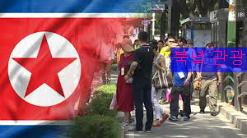

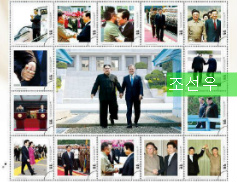
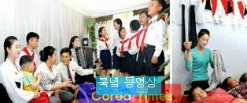

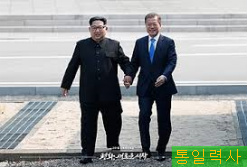
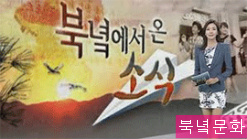






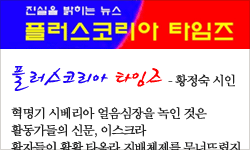


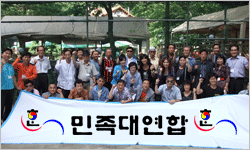
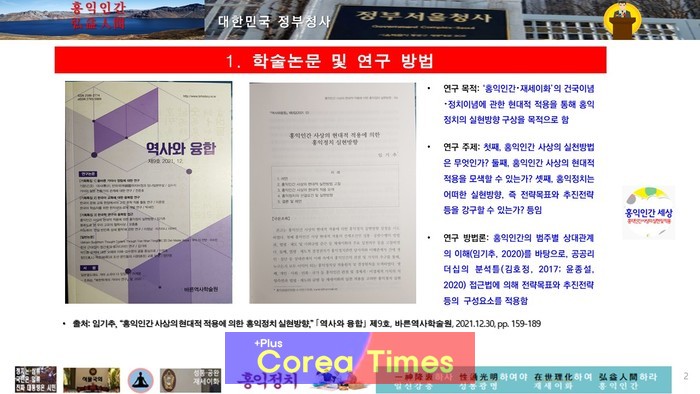






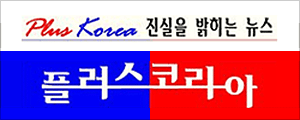

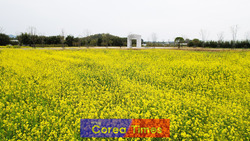

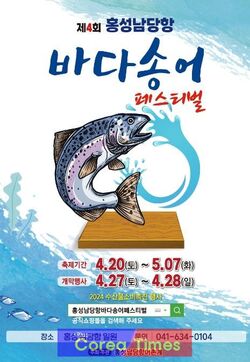
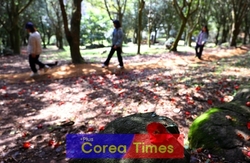
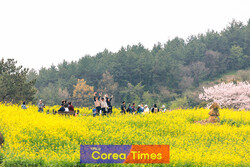
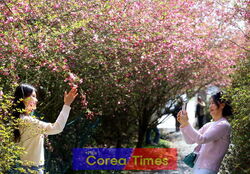


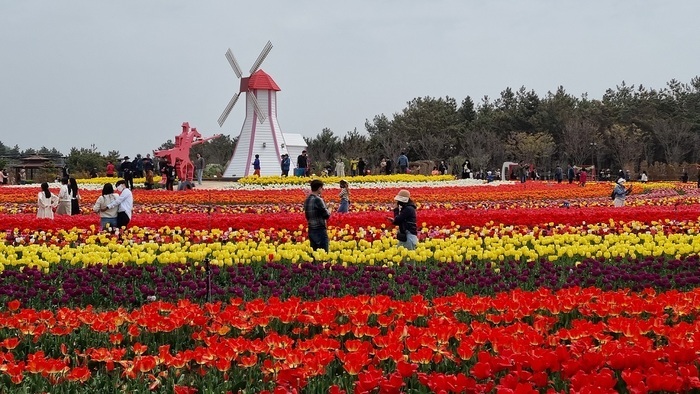
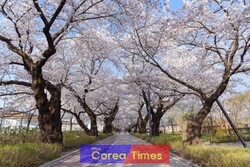
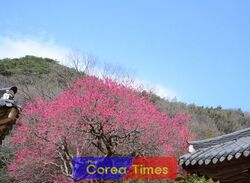
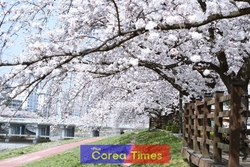
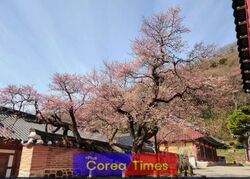
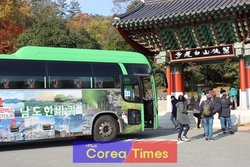
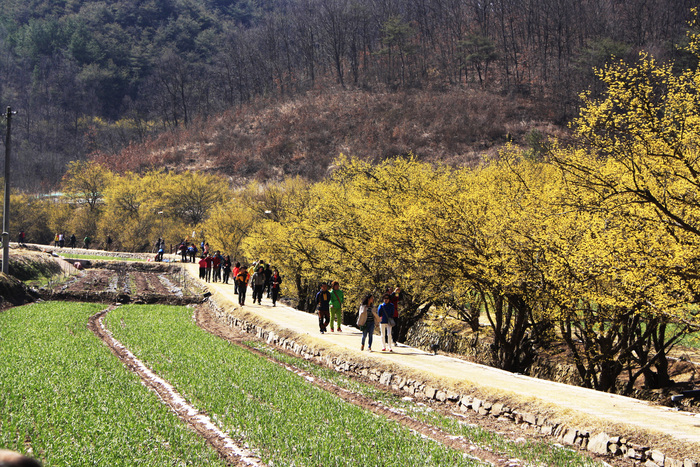
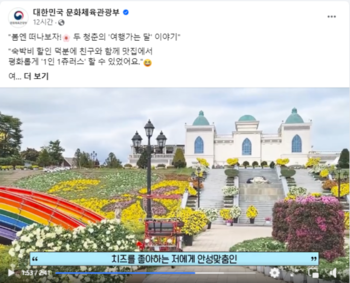
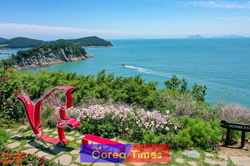
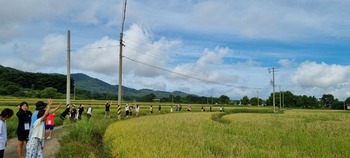
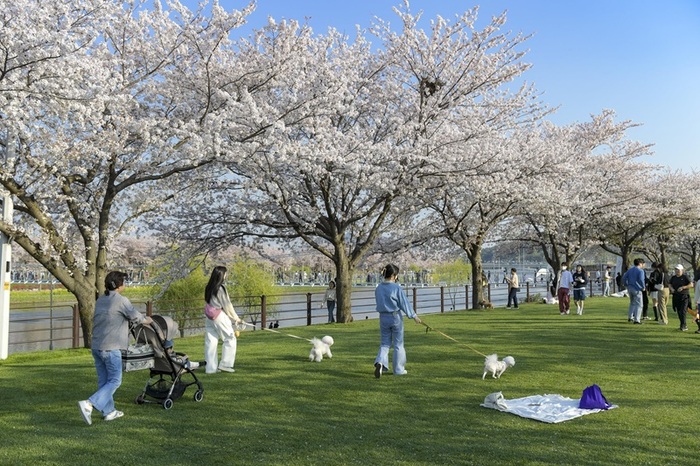
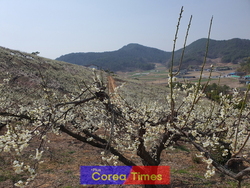
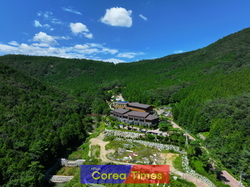
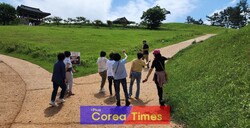
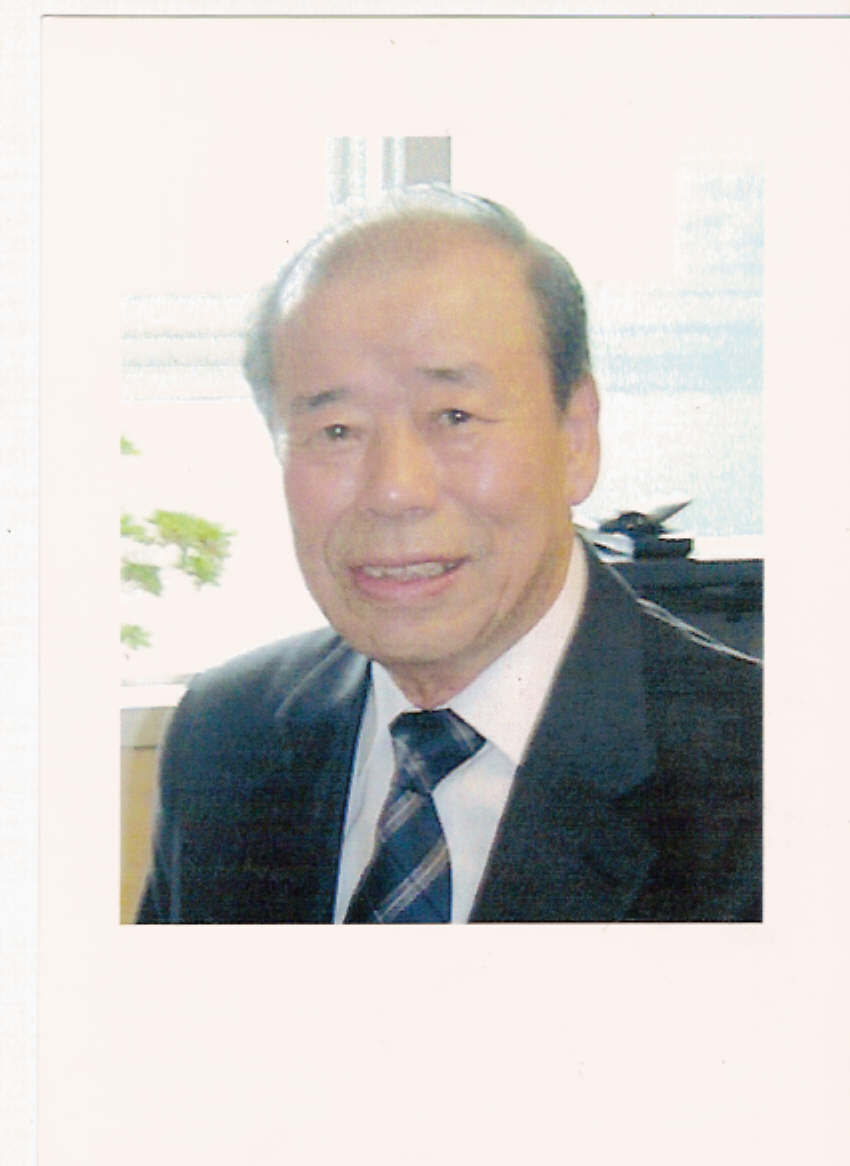
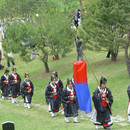


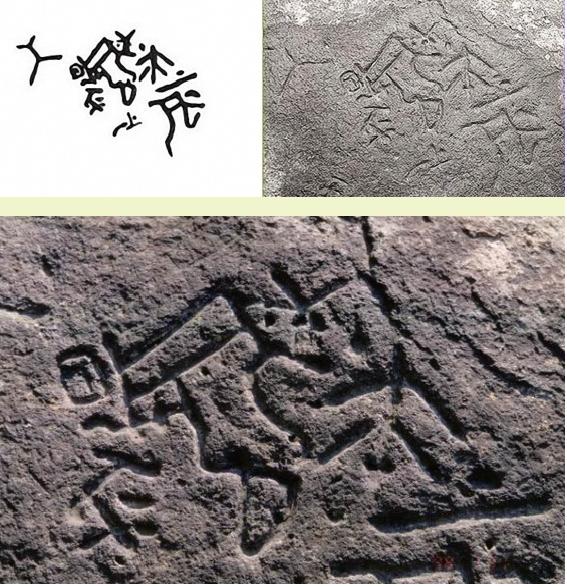
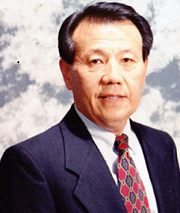
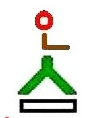
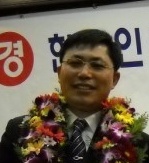
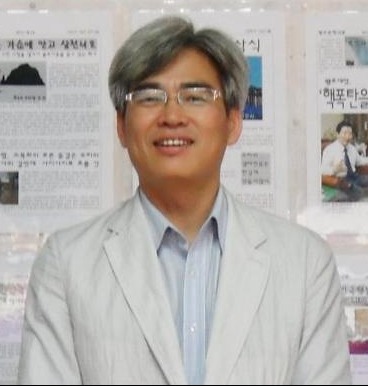
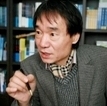
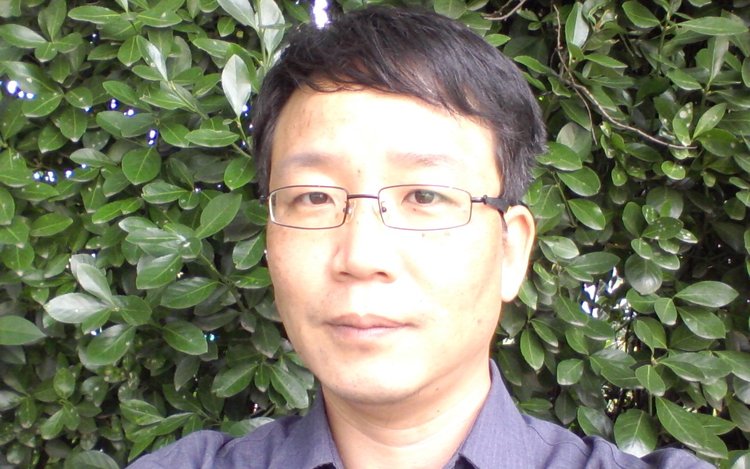
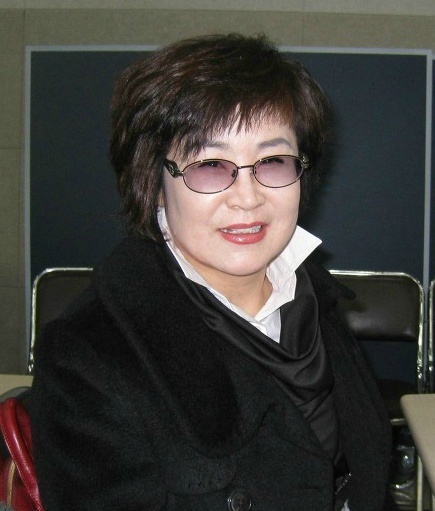
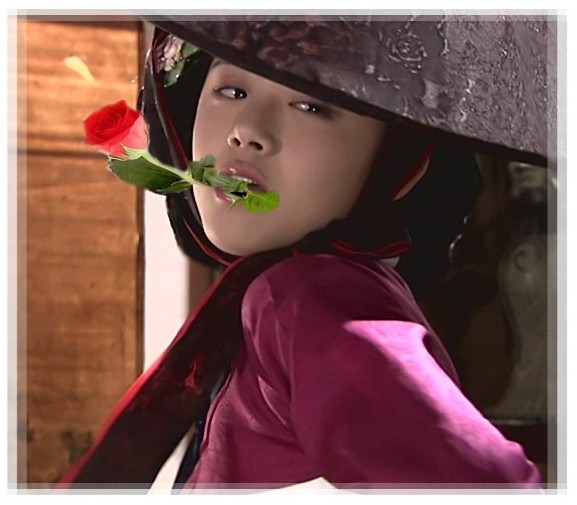
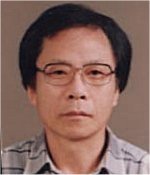
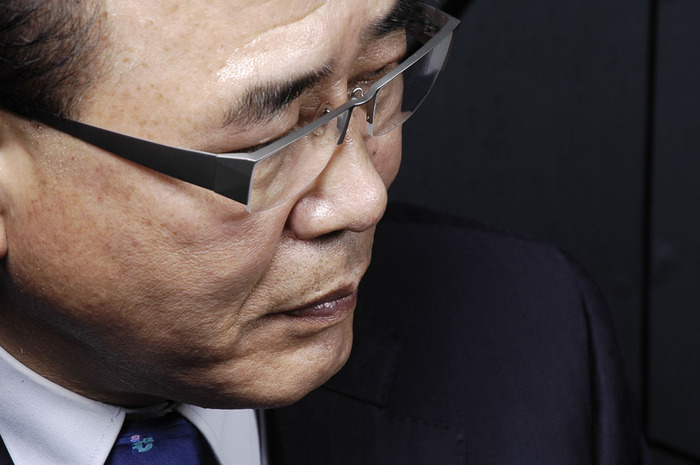
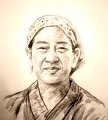
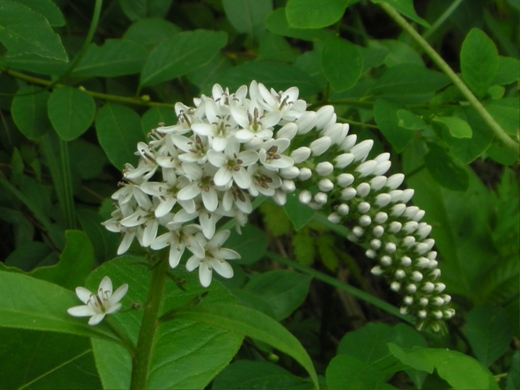
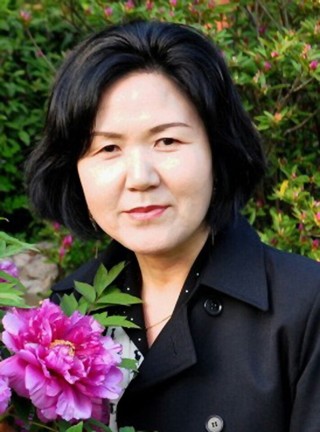
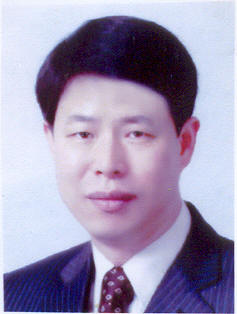

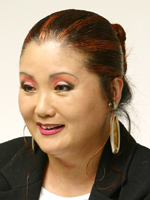
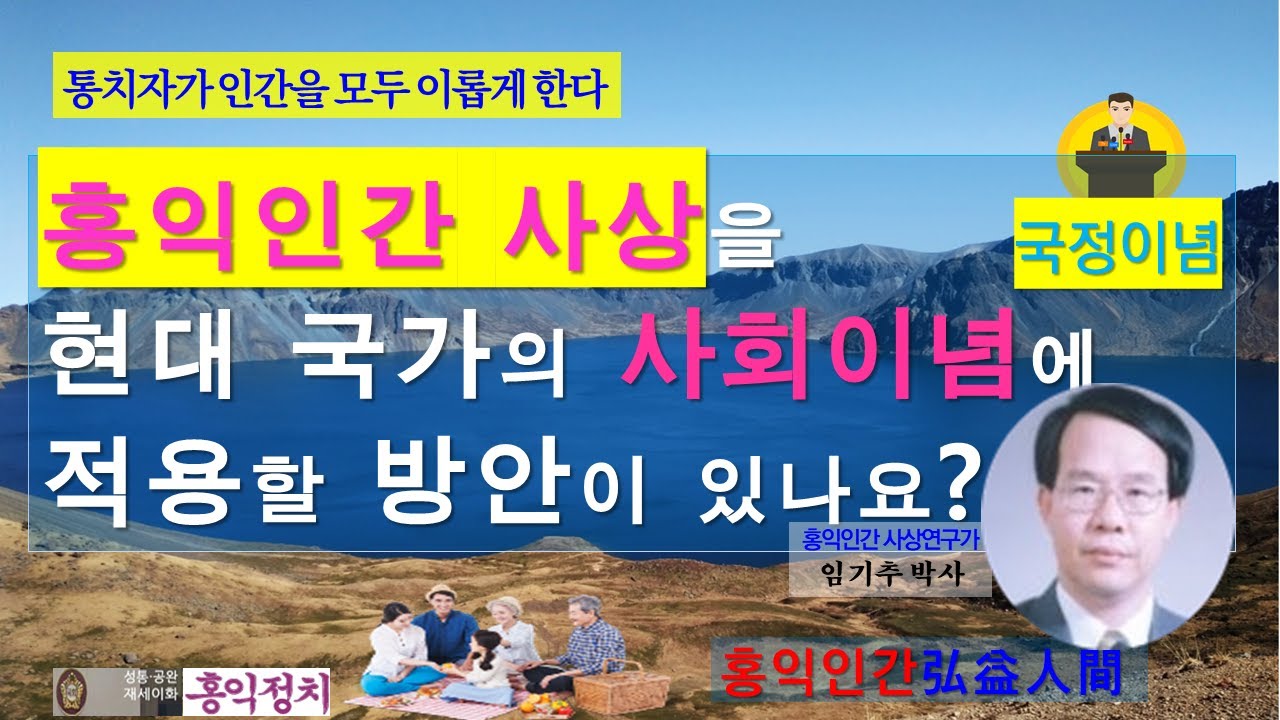

 '잊혀진 계절'누굴위해 존재하는가
'잊혀진 계절'누굴위해 존재하는가
